It’s simple; without bees, life as we know it wouldn’t exist, and with continued pesticide use worldwide this future could become a reality. Bees are responsible for 80% of pollination worldwide, which feeds 90% of humans. Without them, crops would die off, leading to fresh food shortages and malnutrition. Not only that, it would alter the earth’s entire ecosystem completely. Species of plants would cease to exist, animals that eat those plants would become extinct, and it would continue up the food chain. Bees are what allow us to have the diverse nutritious diets that we have become so accustomed to. Imagine a world without spring flowers and blossoming fruit trees, fruits like blueberries, cherries, apples and strawberries. Even cotton would become a thing of the past. In fact, Healthy Hooch Kombucha wouldn’t exist without the help of bees. They help to produce over half of the ingredients that go into our kombucha, including tea! Now it’s our turn to give back to the bees. They are dying off at an alarming rate and need our help!
At Healthy Hooch Kombucha, we are fortunate to have bees on our property. We get to learn from them and support them. It’s what sparked the inspiration for this article. We see the little guys out there working tirelessly and want to give back by bringing attention to issues affecting them and the world.
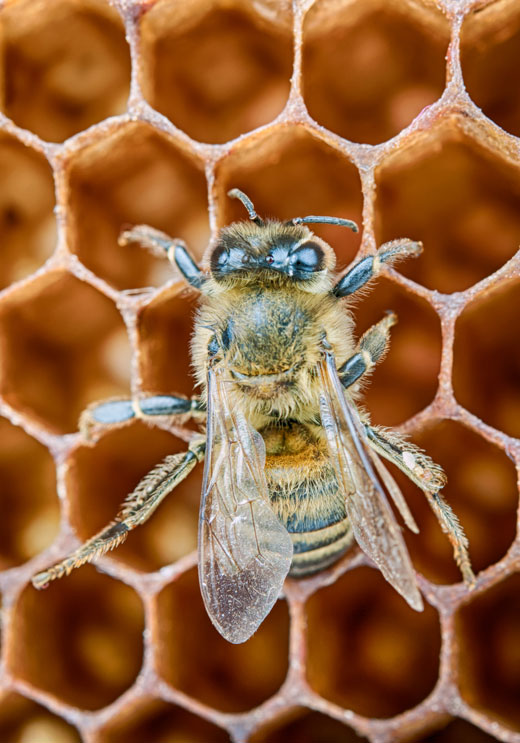
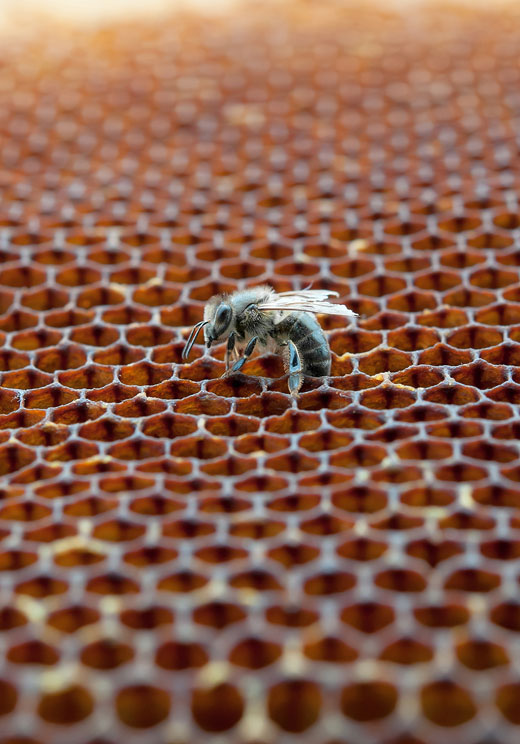
What’s Killing the Bees?
Colony Collapse Disorder (CCD) is responsible for the destruction of many beehives in recent years. CCD is caused by numerous factors like climate change, fungus, viruses, bacteria and overworking, which kills off whole colonies at a time. However, humans are also contributing to the destruction of bees through environmental pollution, pesticide use, and habitat destruction. All is not lost, though, because this means that we have the power to help save the bees.
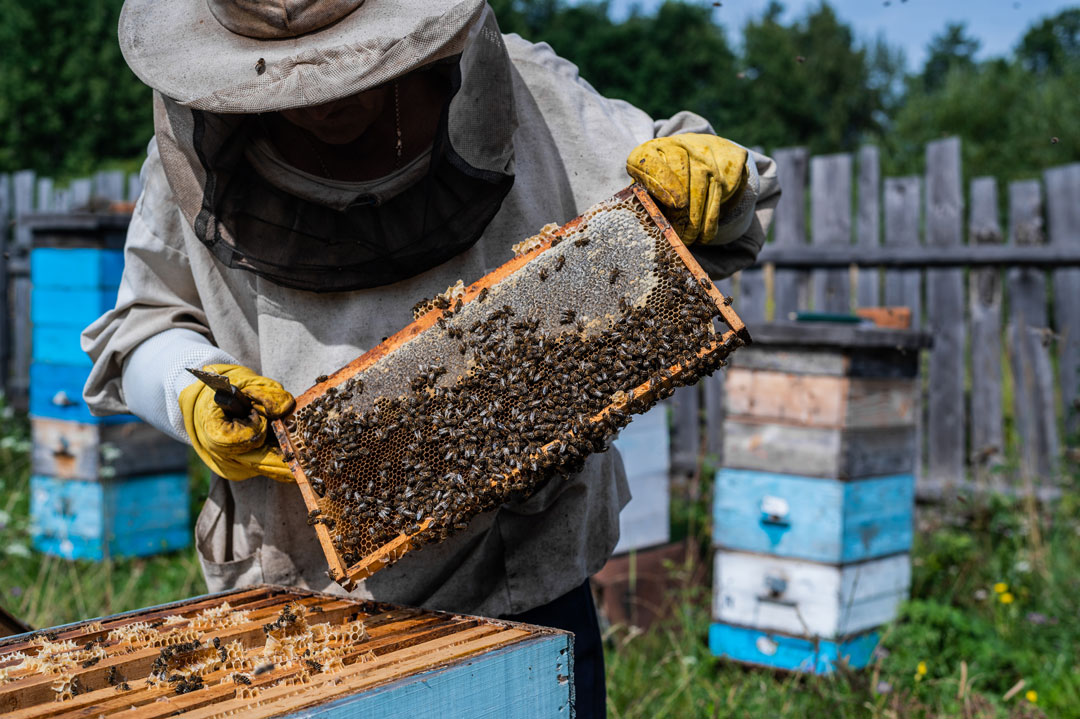
How to Help Save the Bees
1. Get your green thumb on
Plant a garden and some trees. Your yard will look amazing, you get fresh, delicious fruit and veggies, and it creates a habitat for bees. Gardens and trees give bees access to nectar and pollen. You can grow a small orchard, a big vegetable garden in your backyard, have a simple flower garden along a walkway, a single fruit tree or planter boxes along the window.
2. Let Your Lawn Grow
Bees prefer your lawn O’natural. Cut your lawn less often, allowing the weeds like dandelion to grow, or leave a patch untouched. Bees love dandelions because they are the first source of nectar after those long winter months.
3. Go chemical free
Avoid using pesticides, herbicides, fertilizer and neonicotinoids. They are all harmful to bees, and they take them back to their hives, harming the whole colony. Never spray blooming flowers. Instead, opt for organic solutions, use pest-resistant plants, use compost and crushed eggshells in the soil and practice pest reduction gardening techniques.
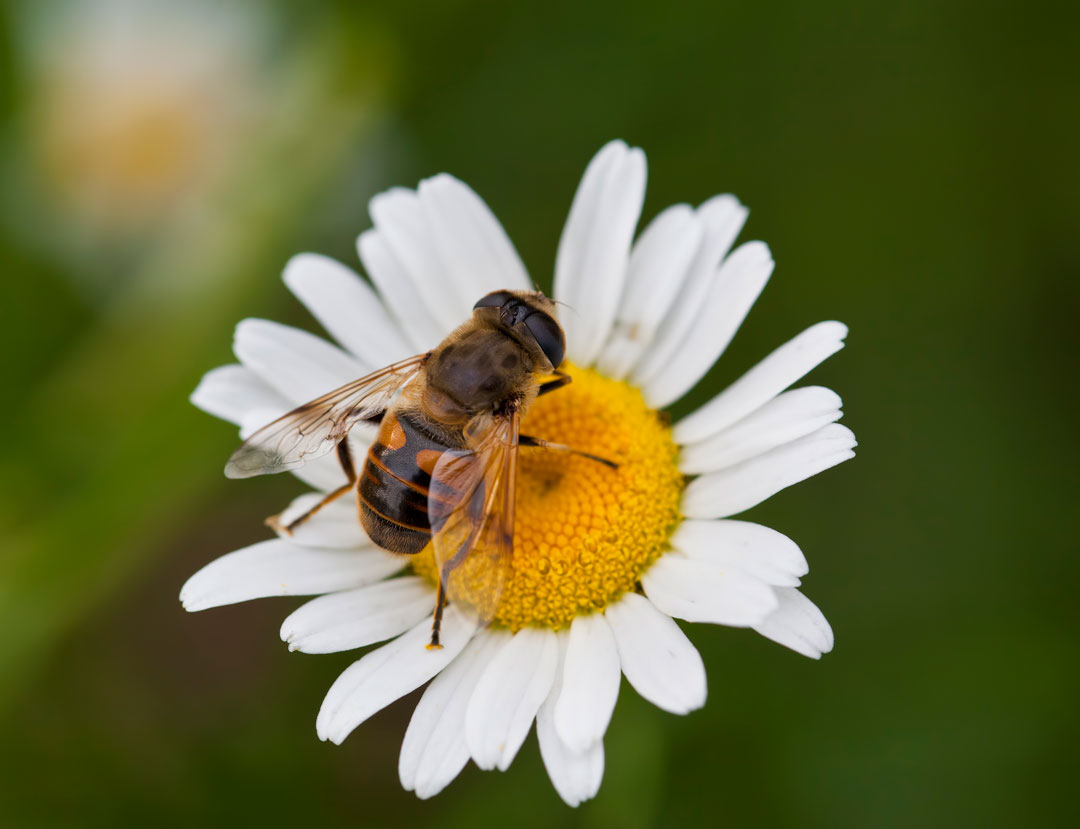
4. Shop Sustainably
Shop local organic produce when you can from farmers’ markets and local organic farms. Supporting sustainable, environmentally friendly farming will make a huge impact. If you don’t have access to local produce, buying from the organic sections of your local grocery stores will be beneficial for the bees and your health.
5. Have a drink with a bee
As soon as the weather gets nice, the first thing we want to do is sit outside in the sun with a drink in our hand. Why not share the love with some bees. Set up a shallow dish with some rocks in it just breaking the surface. This way, bees will land on the rocks to grab a drink and re-energize. After all, they deserve it after all their hard work.6. Give Bees a Home
If you have room on your property, think about housing bees. Bees need an organic area, free of pesticides to live on. The City of Vancouver website has more information on this if you’re interested. There are some guidelines and regulations when it comes to beekeeping within Canada.
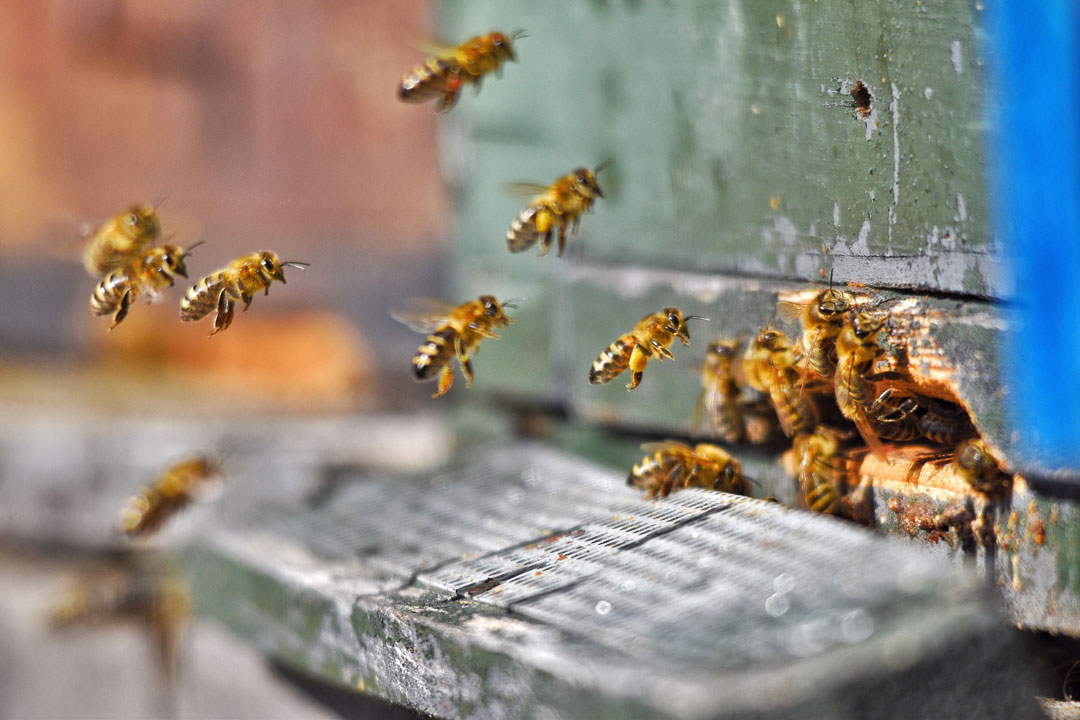

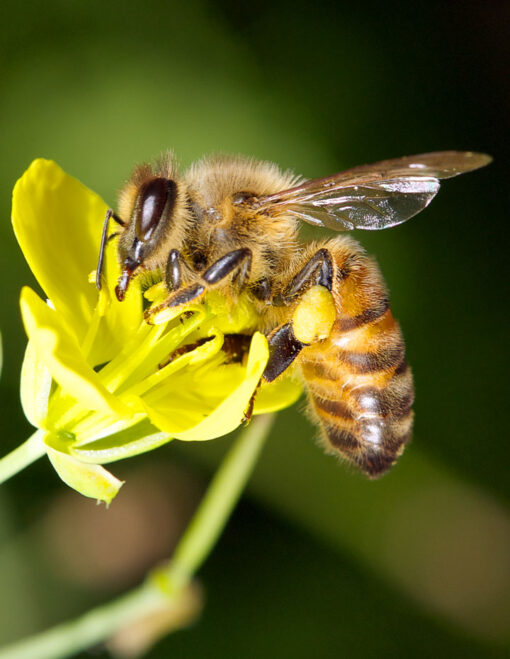
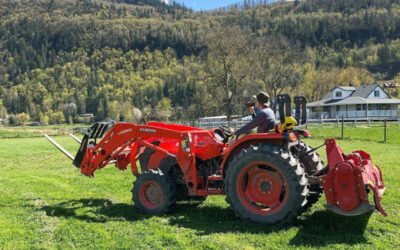
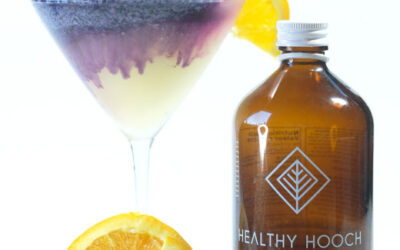
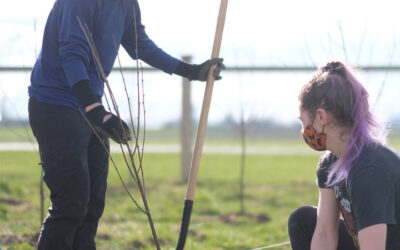
0 Comments